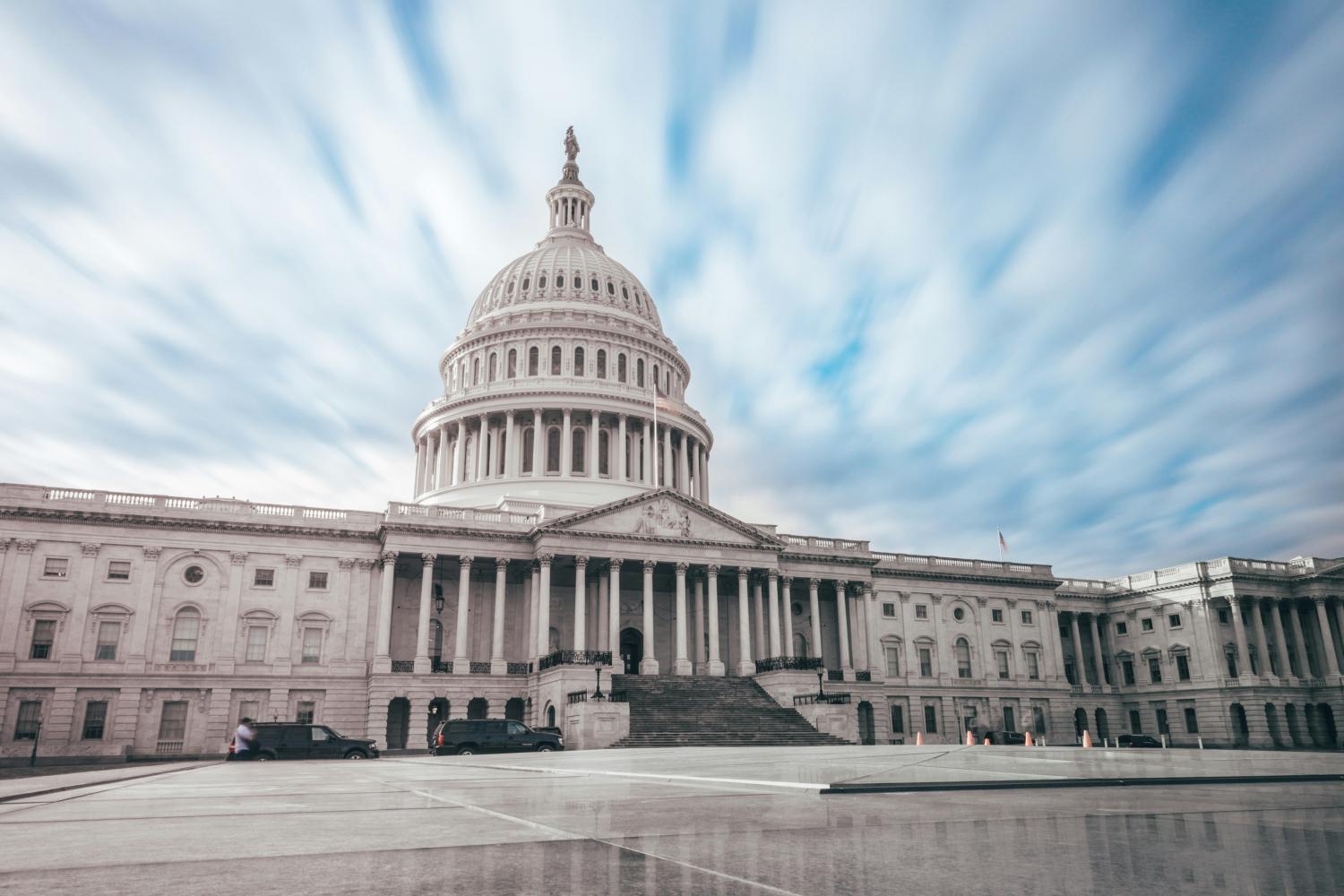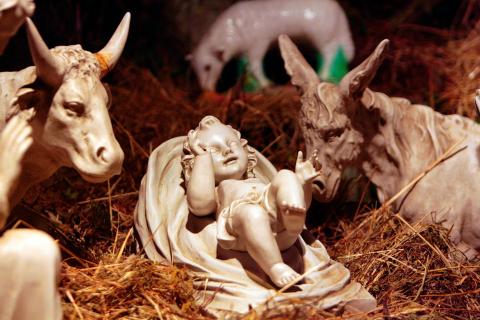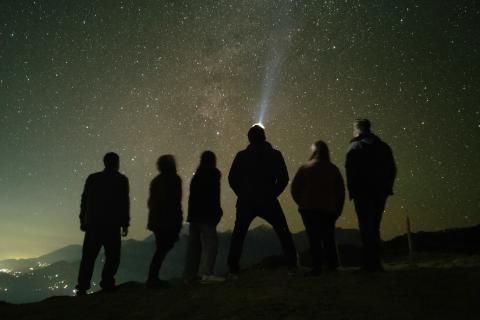
“Are mystics kooks or valuable disrupters?”
This is the title of a small book review The Economist published this past week, and already it hints at a narrative that almost inevitably gets strung through contemporary commentary on religious culture: one centered on hegemonic power, on oppressive regimes coming toe to toe with headstrong grabs for competing influence. The piece goes on, for instance: “Mystics challenged the power of the church. By claiming a direct line to God, they threatened to make priests less important. … Mystics were religious entrepreneurs of their era, rivalling the incumbent powers. It was dangerous work.”
For those who believe in the reality of God and grace, such claims might seem just a bit silly when applied to some of the figures the piece gestures at – people like Saint Catherine of Siena, whose wish to love Christ and respond to him well seemed the singular aim of her life, to the exclusion of any thought of “rivalling incumbent power.” And yet these are the sorts of claims that get splashed over so much of our religious and cultural discourse that this small Economist review gives a good excuse to unpack where such claims come from.
One place of confusion that seems to give rise to them is in the distinction between authority and power. Moderns tend to use these two terms synonymously: where there is power, there’s authority, and where authority, power. But in fact the terms are much more nearly opposites. Power is the imposition of one person or group’s will on another; it’s coercive, forceful, non-negotiable, usurping others’ freedom in order to bring about the plans and intentions of those in charge. Authority, however, does not originate in a given, powerful person’s will. Rather, authority is the influence a person has because they’re appealing to transcendent truths that everyone recognizes and, in freedom, responds to – truths that go way beyond even the person in authority, themselves.
Our language tends to remember what we mean by this, even if we don’t: we speak sometimes of someone being a great “authority” on a given subject. We don’t mean by the phrase that if we don’t listen to such a person, we’ll end up in jail. Rather, we mean by it that we honor the person because he or she has gained mastery over the truths of his or her subject in a way that invites our respect.
Something similar could be said about figures like Saints Catherine of Siena, John of the Cross, Teresa of Avila. We don’t honor them as alternative powers in the Church we’ve decided to pledge our allegiance to, because we want to disrupt a problematic hierarchy. Rather, we honor them because they’ve gained access to and been given a gift for truths that we’ve already acknowledged – truths about God and the life of faith and the love we’re invited into, which resonate so strongly within us that it’s God we’re freely pledging our allegiance to in responding to them.
Without the capacity to see this kind of motivation, though, we’ll be perpetually at risk of misreading not just the place and role of mystics in Church history, but of a good portion of human history by and large. To take one, more distant example: the ancient Egyptian pyramids have long been thought to have been built by slaves, under the heavy, relentless hand of Pharaoh; certainly no one would have undergone such heavy labor for such a long time unless compelled to, we tend to think. But in fact the pyramids were built by several thousand volunteer laborers … by people who just wanted to honor the gods. Pharaoh was regarded as being one of those gods, and so to give one’s life over to honoring him was one of the noblest choices one could make. So, some men submitted to his authority and the hardness of the work they were asked into because they recognized the reality of something beyond them, and they chose to order their lives accordingly.
If all we have is a hegemonic power lens, however, we miss the truths of stories like these. We can only understand the spread of Christianity across the world as the cruel imposition of one ideology at the expense of the native culture, for instance. We can only see religious leaders as emissaries of that brutishness. We can’t recognize the ways whole societies could have established their ordering structures on the basis of transcendent ideals, which all recognized and all freely chose their place from.
Of course, the exercise of power does have and has had a significant place in the stories of history, and its exercise is sometimes necessary in a fallen world where our minds sometimes don’t see the truth or our wills don’t want to choose it. And that can also result in power’s misuse. But the story of “incumbent power” and its rivals is not the whole story. The creative, loving acts of human freedom and human authority have had their part to play in the tales of history, too, and they’re not to be missed.
Parents can't fight porn alone. Some lawmakers are pushing back against a status quo that has long placed the liberty of pornographers over the protection of children.
The pursuit of comfort often leads us to avoid opportunities for growth, goodness, and sanctity.
When President Trump is sworn into office on Monday, the benediction will be offered by a Catholic priest. Learn more about Fr. Francis Mann and the unlikely connection that has led him to the Inauguration.
Songs hold a unique potential for Catholic artists and a Catholic imagination to reach a wide and secular audience.


